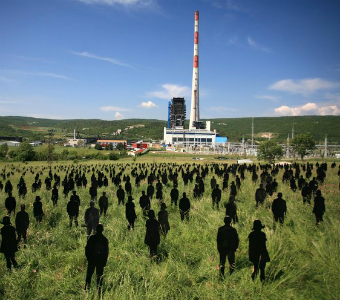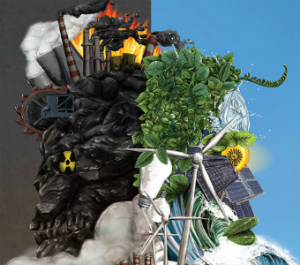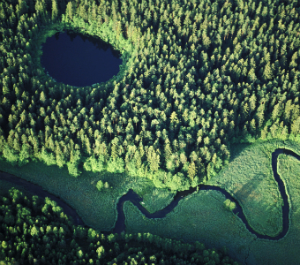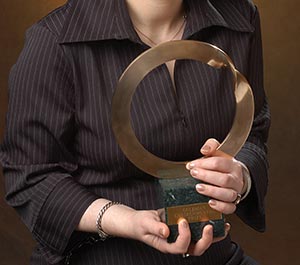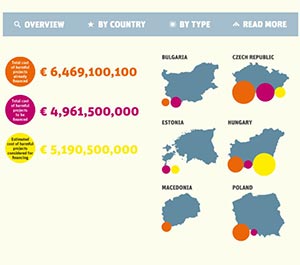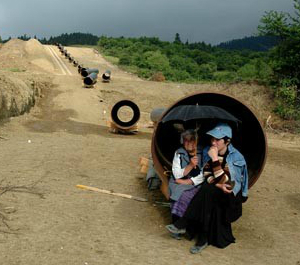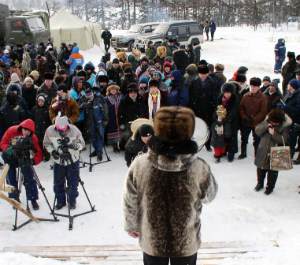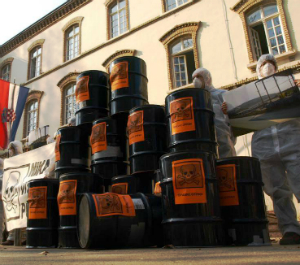Since our founding in the mid-1990s, Bankwatch has been campaigning first and foremost to stop or change harmful or dubious investment projects funded by international public finance across central and eastern Europe.
Concern for our region’s environment and for the quality of people’s lives has been central to our thinking, strategising and efforts. Through alliances with both local communities and other non-governmental organisations we have helped secure positive changes on scores of projects.
Apart from individual projects, we also see the need to cut out environmentally and socially damaging investments at source – and that means advocating for more just and more sustainable policies to govern the lending practices of our target institutions.
Here is a selection of our successes that our analysis, on the ground research and our advocacy efforts have helped to bring about.
Saving Macedonia’s Mavrovo national park and the Balkan Lynx
With the cancellation of a EUR 65 million loan from the EBRD, the Boškov Most hydropower project lost its major source of funding and is unlikely to be realised. The project threatened the Macedonia’s Mavrovo national park, one of Europe’s oldest and home of the endangered Balkan Lynx.
Croatia drops plans for controversial coal plant
After five years of campaigning led by Bankwatch member group Zelena akcija/Friends of the Earth Croatia, Croatia’s economy minister Tomislav Panenić has finally announced that the Plomin C coal power plant project has been halted.
The EU’s bank quits coal
Fifteen years after Bankwatch began requesting information from the European Investment Bank, only to receive the terse reply “We are accountable only to the market,” the campaign to reform the EU’s house bank took another step forward towards making the world’s largest public lender a leader in the fight against climate change.
Poland’s glorious Rospuda Valley is saved from hosting a motorway
Campaigning requires, among other things, determination, guts and stamina – and all of these were to the fore in the seven year struggle of Polish and international environment groups, including Bankwatch, for the Rospuda Valley.
Bankwatcher honoured with ‘environmental Nobel Prize’
In 2004, Manana Kochladze, Bankwatch’s Caucasus Coordinator, was honoured with the Goldman Environmental Prize – the so-called ‘environmental Nobel Prize’ – in recognition of her work in the campaign to minimise the harmful effects of the Baku-Tbilisi-Ceyhan (BTC) pipeline on local communities and the environment.
Here be monsters – the map of EU funding failures that’s being referenced by decision-makers
The map of dubious EU funded projects prepared by Bankwatch and Friends of the Earth Europe has received wide media attention and decision makers have treated a project’s inclusion on the map as a serious blemish.
Making gender a real issue at the international development banks
Following research and intensive advocacy work by Bankwatch, the EBRD’s established a Gender Action Plan and developed a complex gender toolkit for use by the EBRD, its clients and their consultants, that will hopefully contribute to more gender-based considerations governing its lending.
Policy engagement delivers for indigenous peoples
Thanks to Bankwatch’s engagement with the EIB and the EBRD, both banks now require project promoters to ensure a free, prior and informed consent by affected people to any relocation.
Working with local communities and authorities for sustainable waste solutions
Bankwatch’s work on waste issues chimes closely with what a majority of Europeans want, namely more recycling and fewer incinerators. It’s a major reason why we have had so many victories (see below) against incinerator projects.

